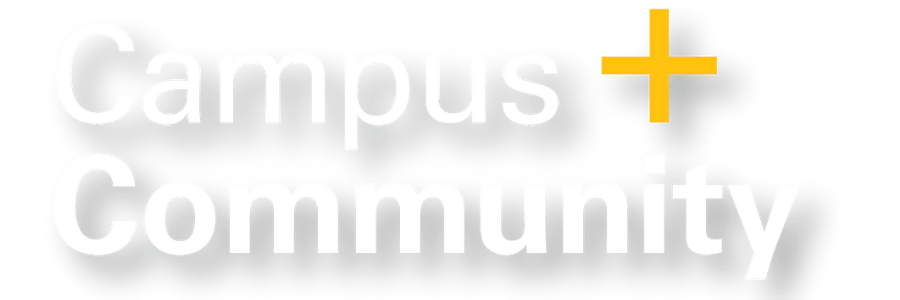Over the course of the 2021-22 academic year, Professor of Psychology Regina Langhout and Associate Professor Steve McKay, both Campus + Community Fellows at UC Santa Cruz, worked with the Youth Action Network (YAN) to pilot an engaged research project titled We Belong Too. We Belong Too is a continuation of We Belong, an earlier project conducted by McKay in collaboration with Jóvenes Sanos to document the experience of immigrant families in Santa Cruz County and improve social services and advocacy efforts. Both YAN and Jóvenes Sanos are part of the United Way of Santa Cruz County, a non-profit organization whose mission is to mobilize communities around health, education, and financial stability. YAN’s particular focus is on improving youth wellbeing by amplifying youth voices, and providing opportunities in community-based research, civic engagement, and youth leadership development.
Uplifting youth voices and decision-making
While We Belong was informed by the CISER or Community-Initiated, Student-Engaged Research Model, We Belong Too combines CISER with youth participatory action research (yPAR) to deepen community involvement in the project, particularly among youth. During the fall 2021, doctoral student in social psychology Sylvane Vaccarino-Ruiz and several undergraduates organized focus groups with youth members of the YAN steering committee to identify a research agenda for the project. The focus groups posed two questions: 1) What is it that young people want from adult allies? 2) What issues do they find most compelling and would be interested in researching? Such questions align with a broader shift in United Way’s vision for youth programming, where youth leadership development is cultivated and takes center stage. Uplifting youth voices and decisionmaking requires adults to reflect on which strategies facilitate youth leadership and which strategies impede it.
A dialogue around youth mental health
Supported by Vaccarino-Ruiz and three undergraduates enrolled in Langhout’s senior seminar, “Community-Based Interventions,” the YAN steering committee participated in a photovoice project based on their responses to the focus group questions over the winter of 2022. Photovoice employs photography and group dialogue as a means for individuals to deepen their understanding of a community issue or concern. The following quarter, YAN members met biweekly with students in Marina Garcia’s “Transformative Literacies” course to learn how to analyze the photos, conversations, and narratives they had gathered through the photovoice project. By the end of the academic year, the steering committee members decided that to focus on youth mental health in the county as it touched on all the themes that had surfaced in their Photovoice conversations – including ICE raids happening in the county, how standards of beauty affect the self-esteem of young women of color, and teacher burn-out during the pandemic. The questions they are raising include: How do youth feel about mental health? What services are available and accessible to their peers? What are the obstacles to expanding access to these?
Future directions
Although the pilot involved the YAN steering committee, the upcoming year will see additional youth from other groups focused on youth mental health, such as Jóvenes Sanos joining the project. In October 2022, UC Santa Cruz Institute for Social Transformation will host the All-In Conference, which Vaccarino-Ruiz and YAN members will attend to present the results of their focus group. Alongside the conference, the project is in for a busy fall quarter. Langhout and McKay are bringing both YAN and Jóvenes Sanos youth to campus for a retreat focused on questions of what is considered research and who is considered a researcher. The retreat aims to help youth understand themselves researchers already armed with a wealth of knowledge about their own community. After refining their questions about mental health using a desire-based framework, the YAN team will join Langhout and McKay for a final retreat to lay out the potential paths the project can take to address their research agenda. As We Belong and We Belong Too have unfolded, Santa Cruz County has seen changes in youth rights and civic participation. For instance, in December 2021, the Santa Cruz City Council unanimously approved the county’s first Children and Youth Bill of Rights. These developments present a real opportunity to continue building momentum for more significant structural changes that will center youth voices and decision-making in the community.
Further reading
- To learn more about We Belong Too, visit their project page.
- Protecting youth mental health (2021).
